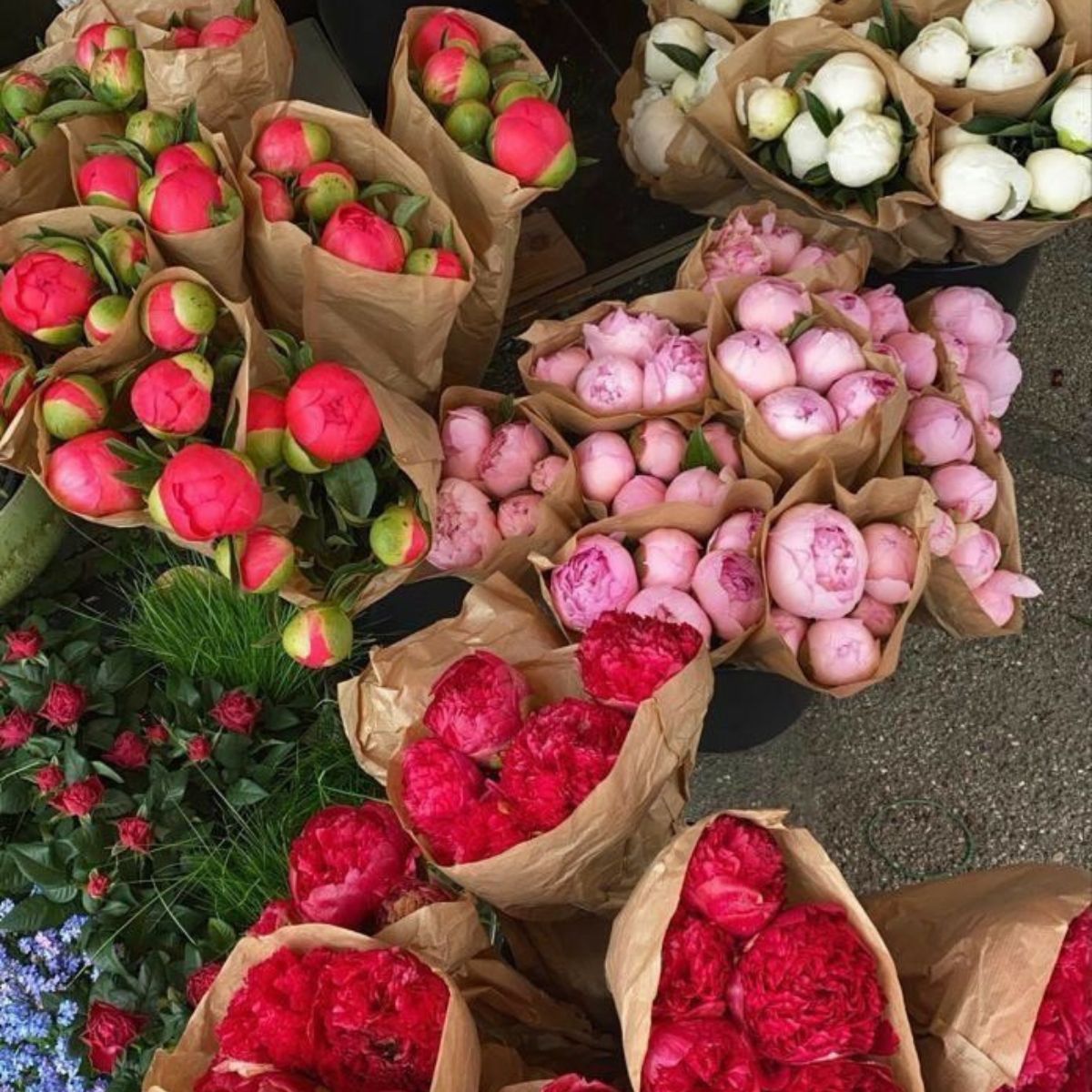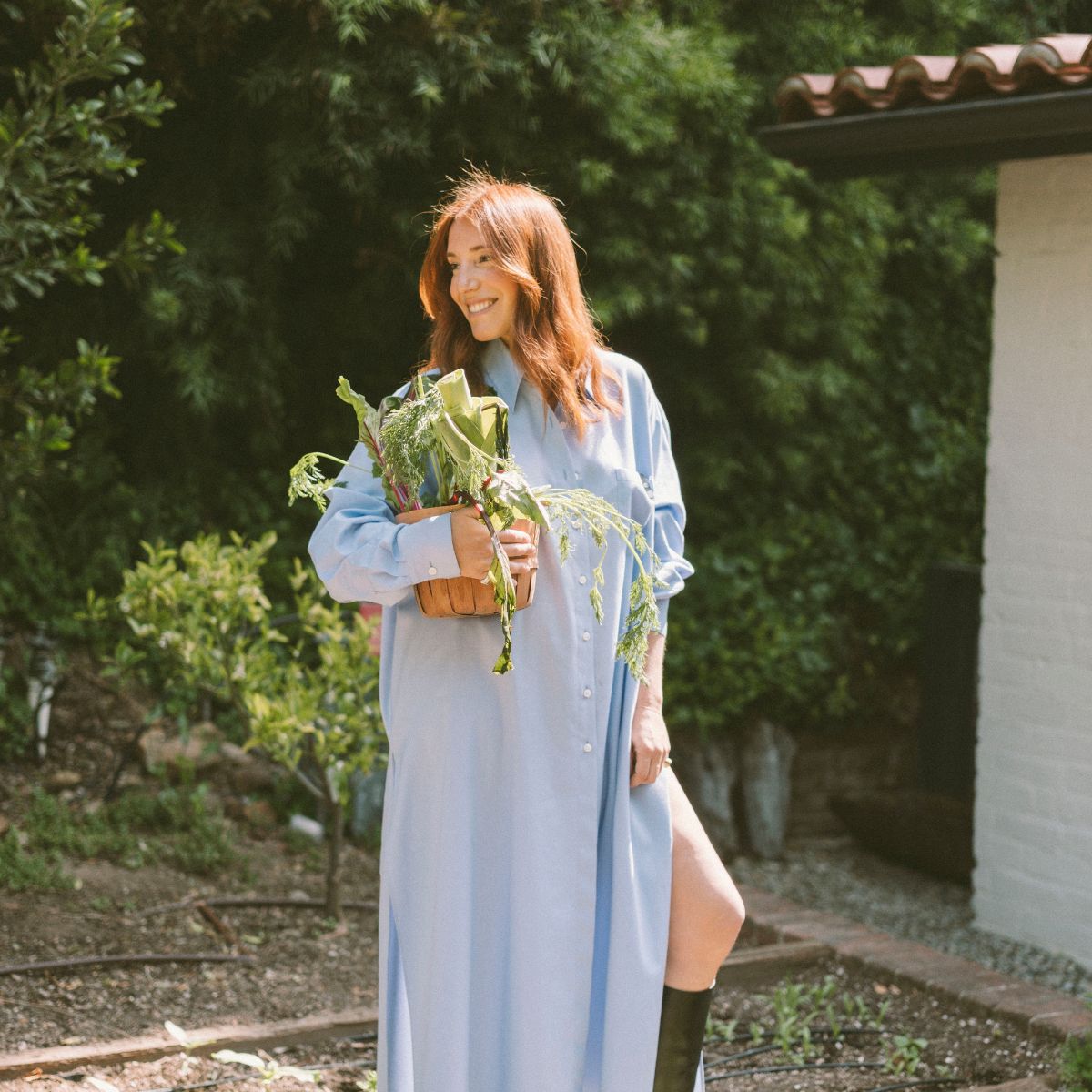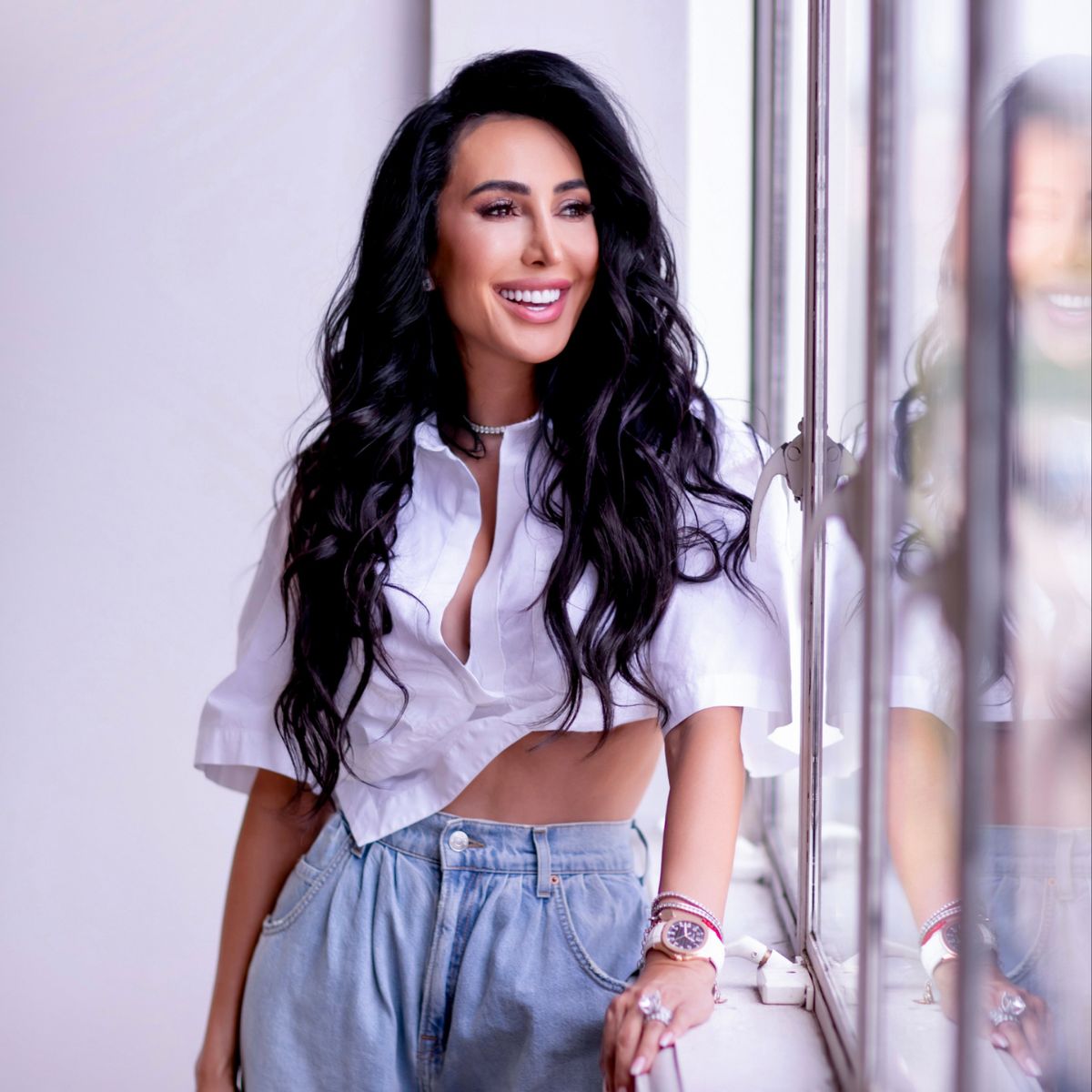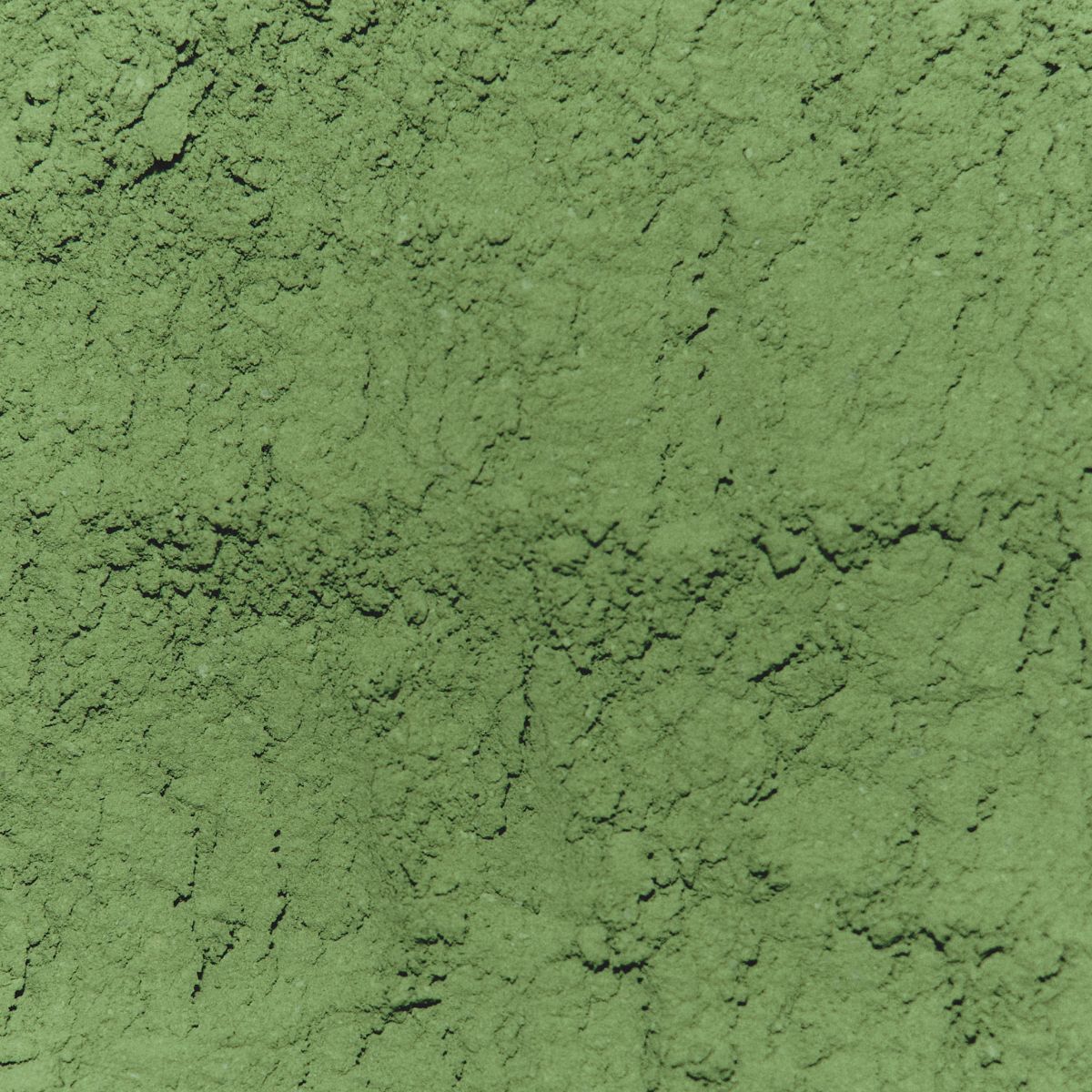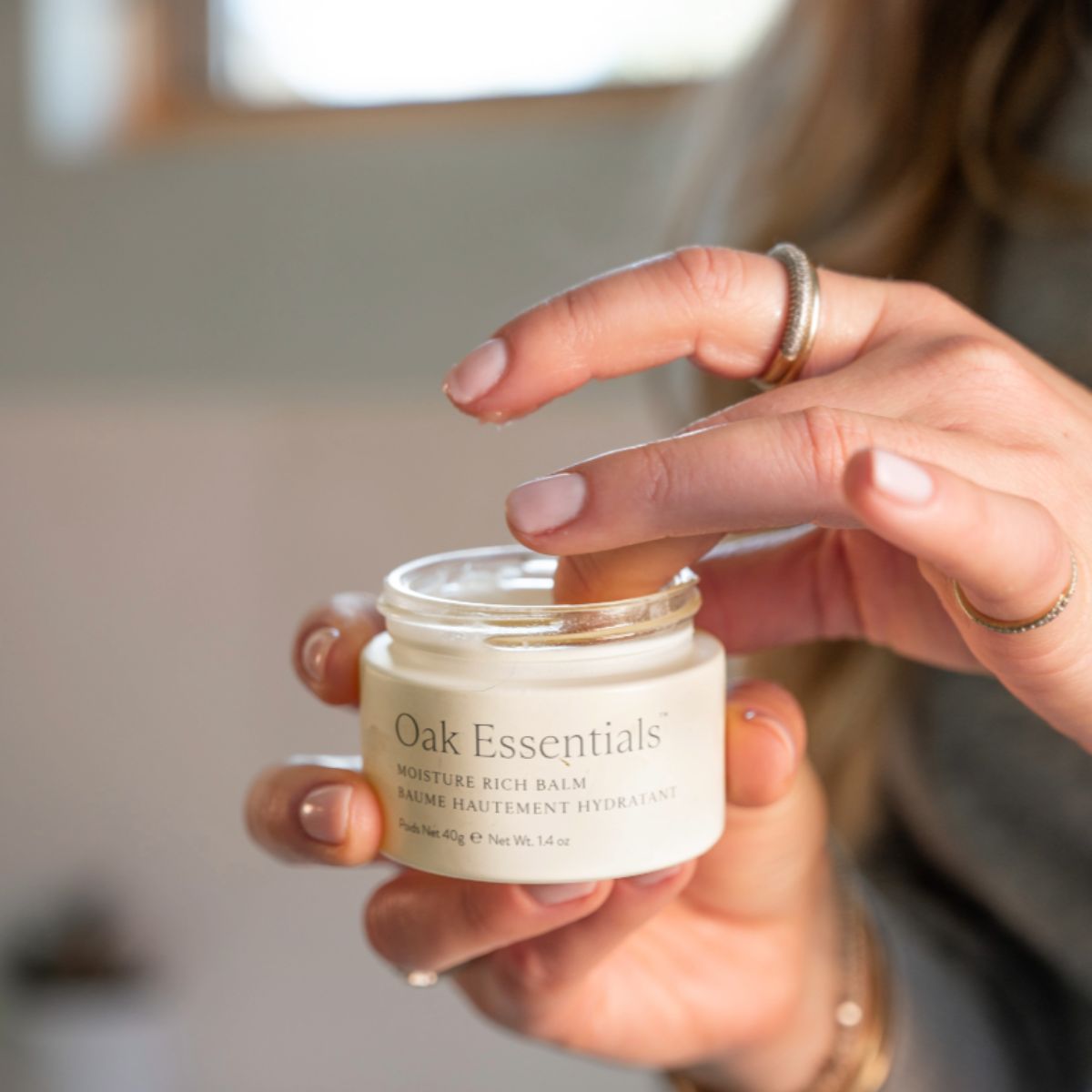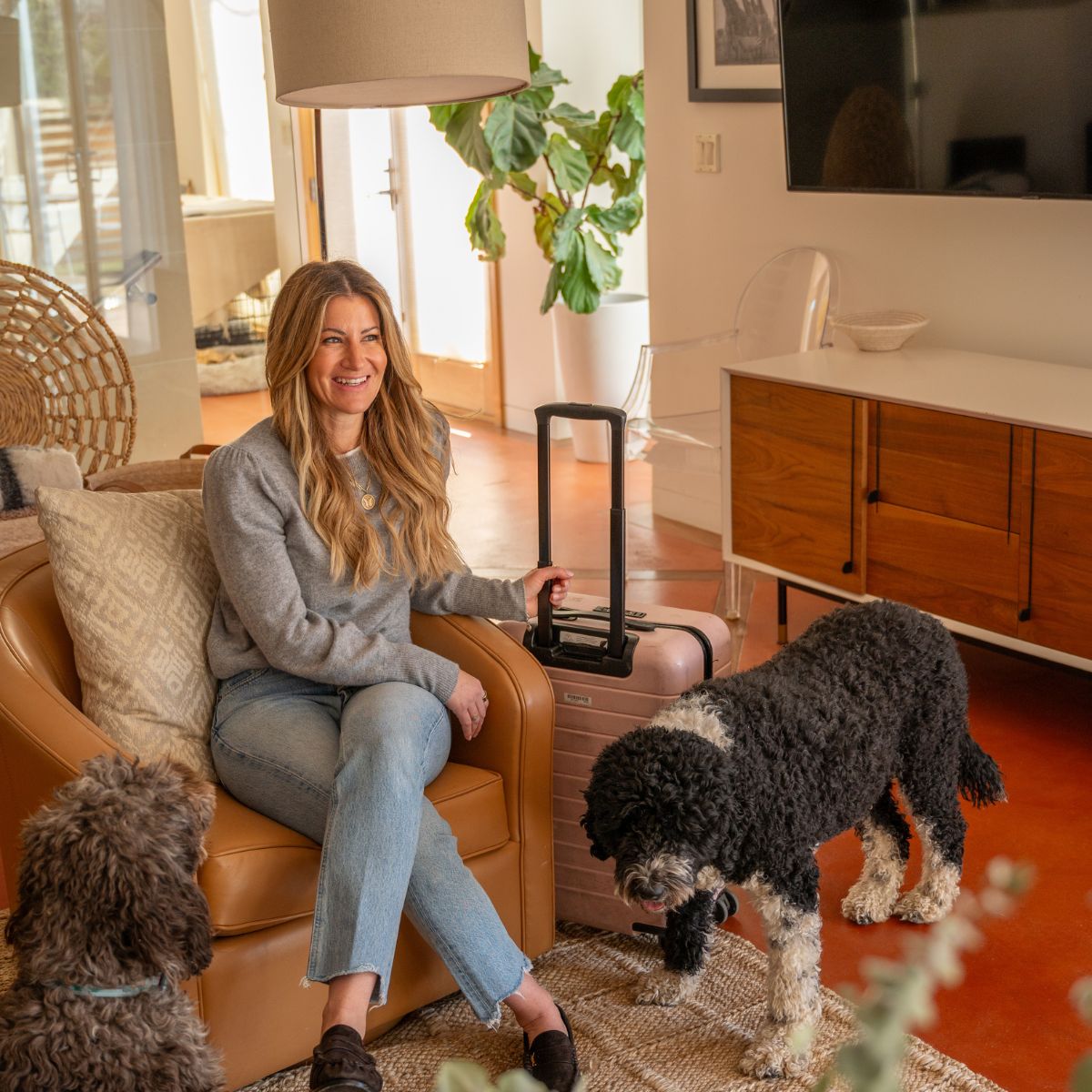Elizabeth welcomes Samantha Harris, well-known Emmy award winning TV host and author, famous for her upbeat energy and hosting appearances on shows such as Dancing with the Stars, Entertainment Tonight, and currently the game show Tug of War. Despite being diagnosed with breast cancer at the age of 40, Samantha has bounced back and is now helping others through her certified health coaching, and her "Your Healthiest Healthy" community courses and retreats. In this episode, Samantha shares her journey with cancer and how it inspired her to lead a healthier life, including tips on reducing toxins in and around the body, her top nutritional and lifestyle tips for feeling your best, and more. She also shares the importance of making small steps towards big lifestyle changes, and some top nutritional and lifestyle tips to help prioritize your health today.




